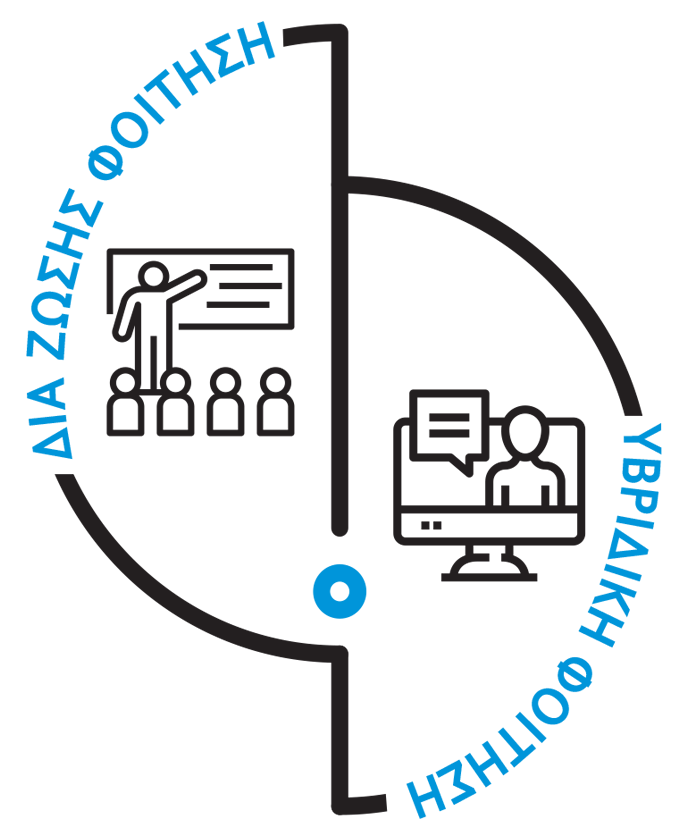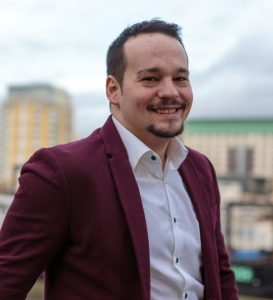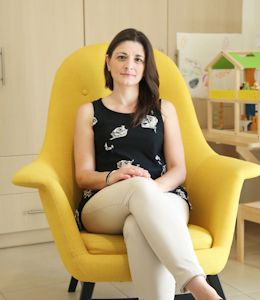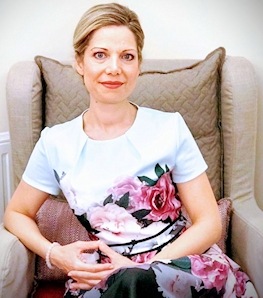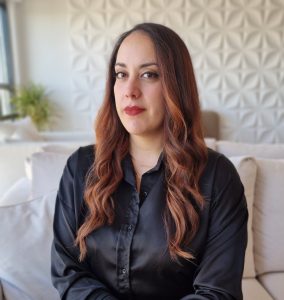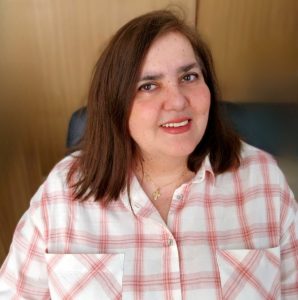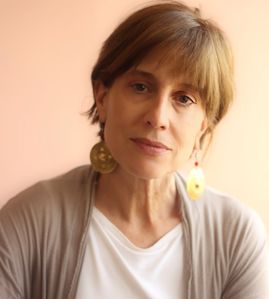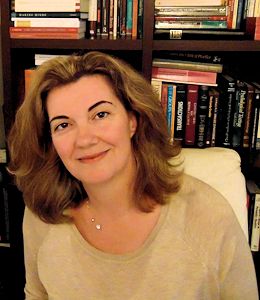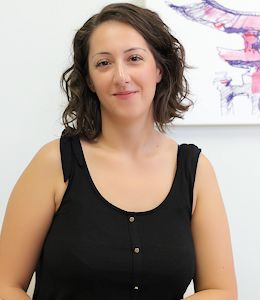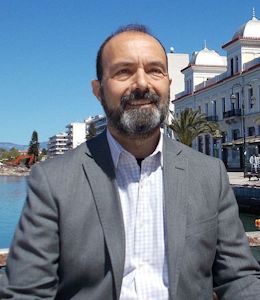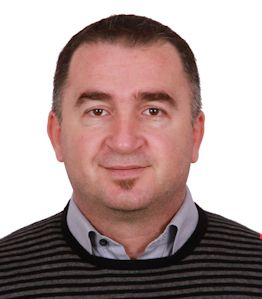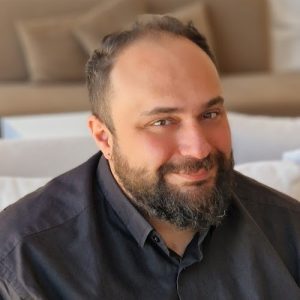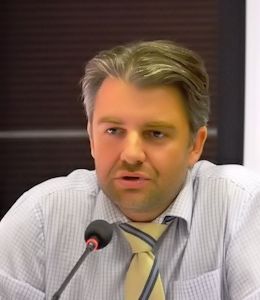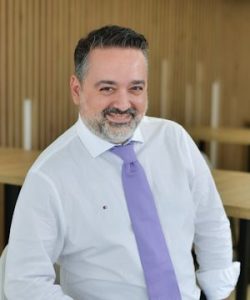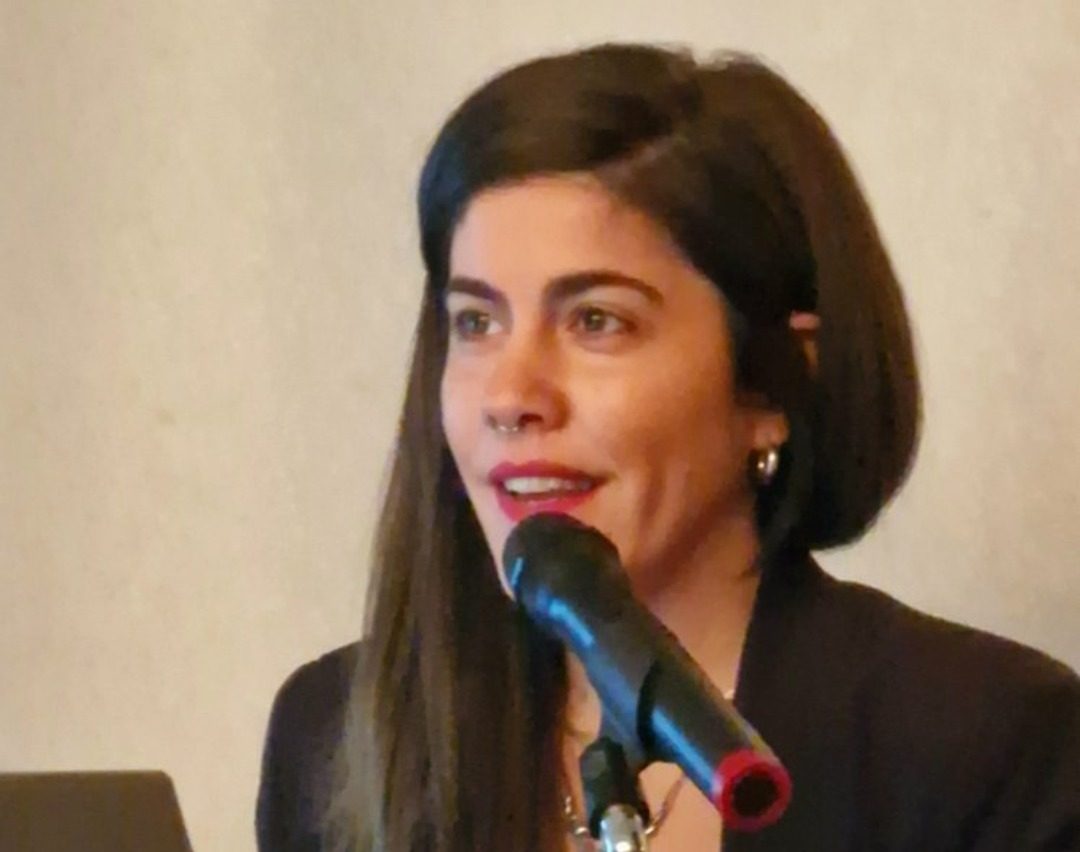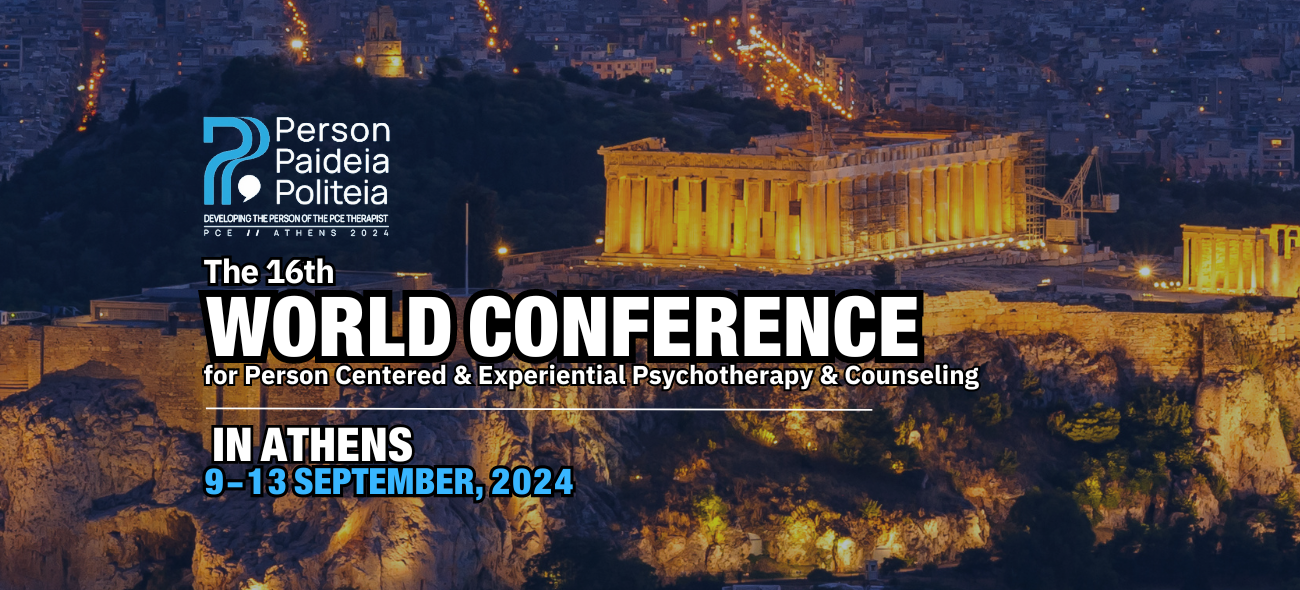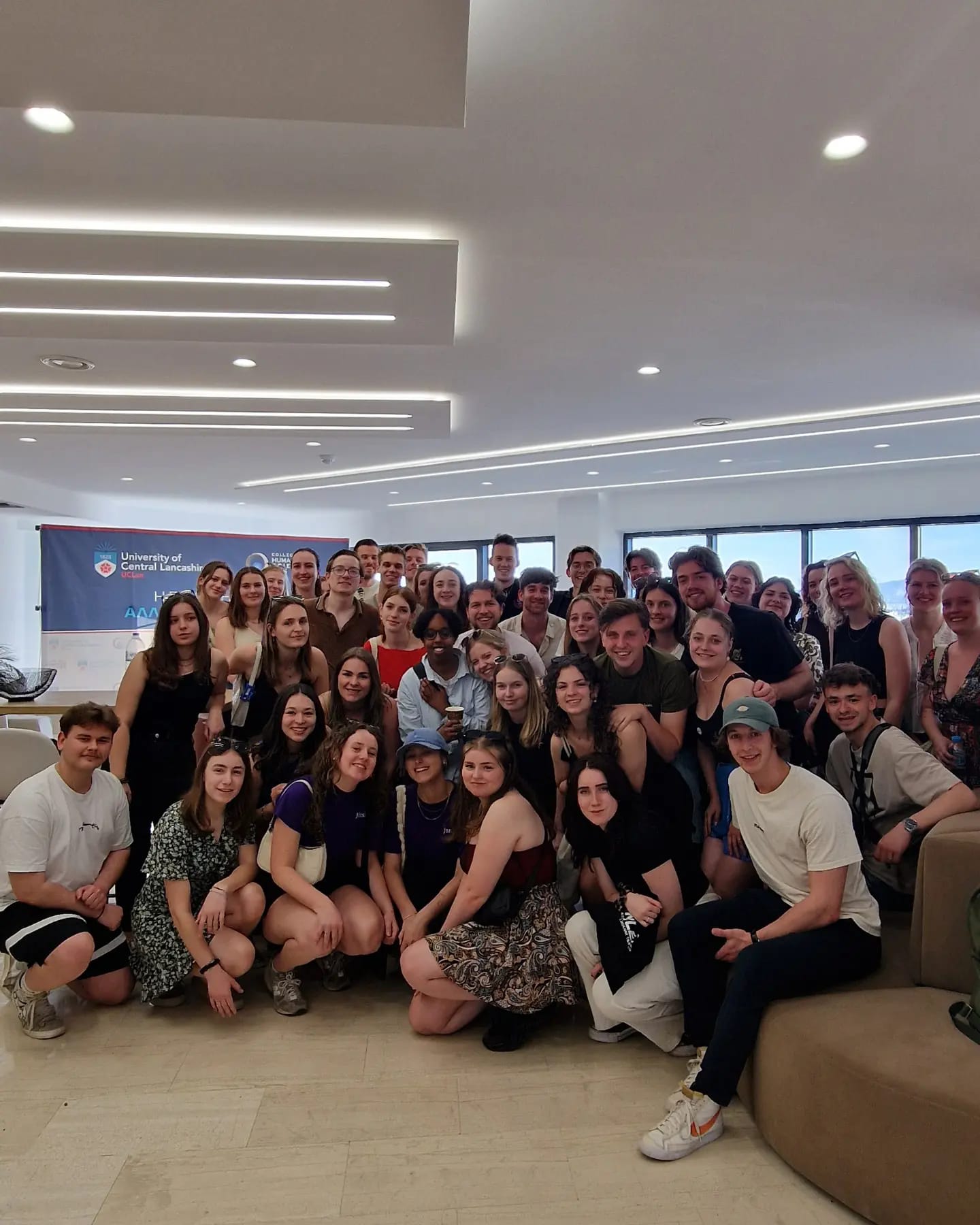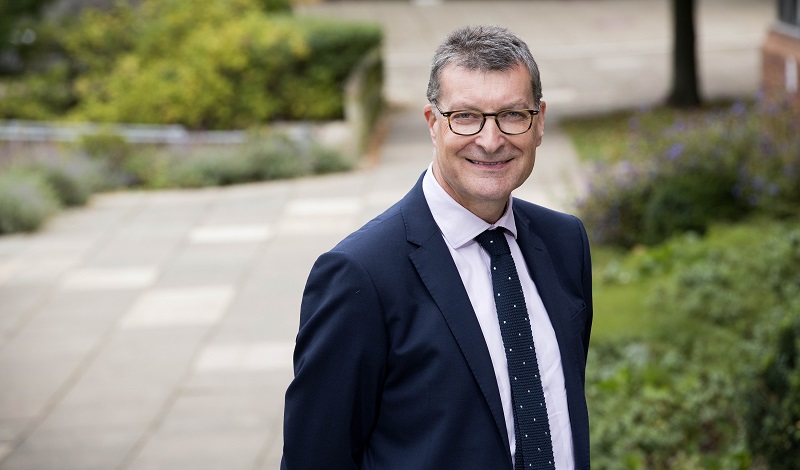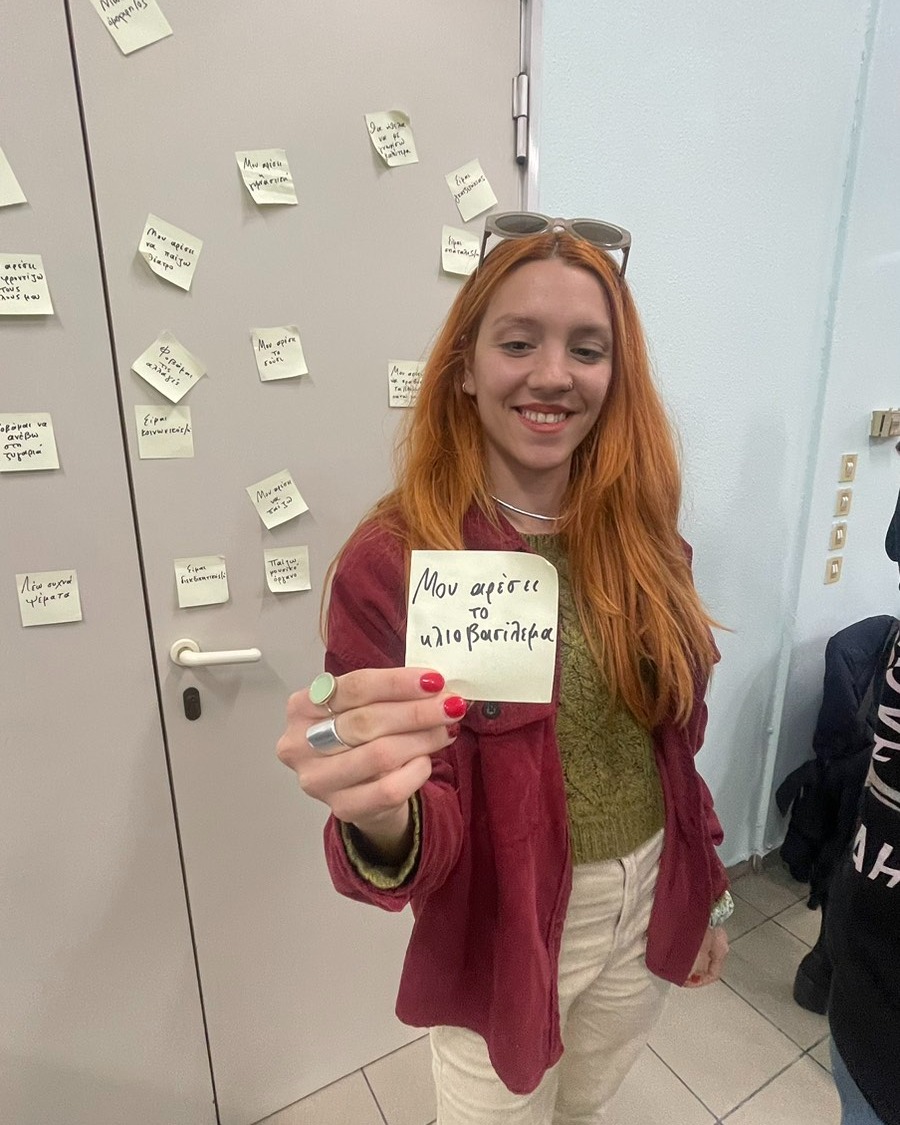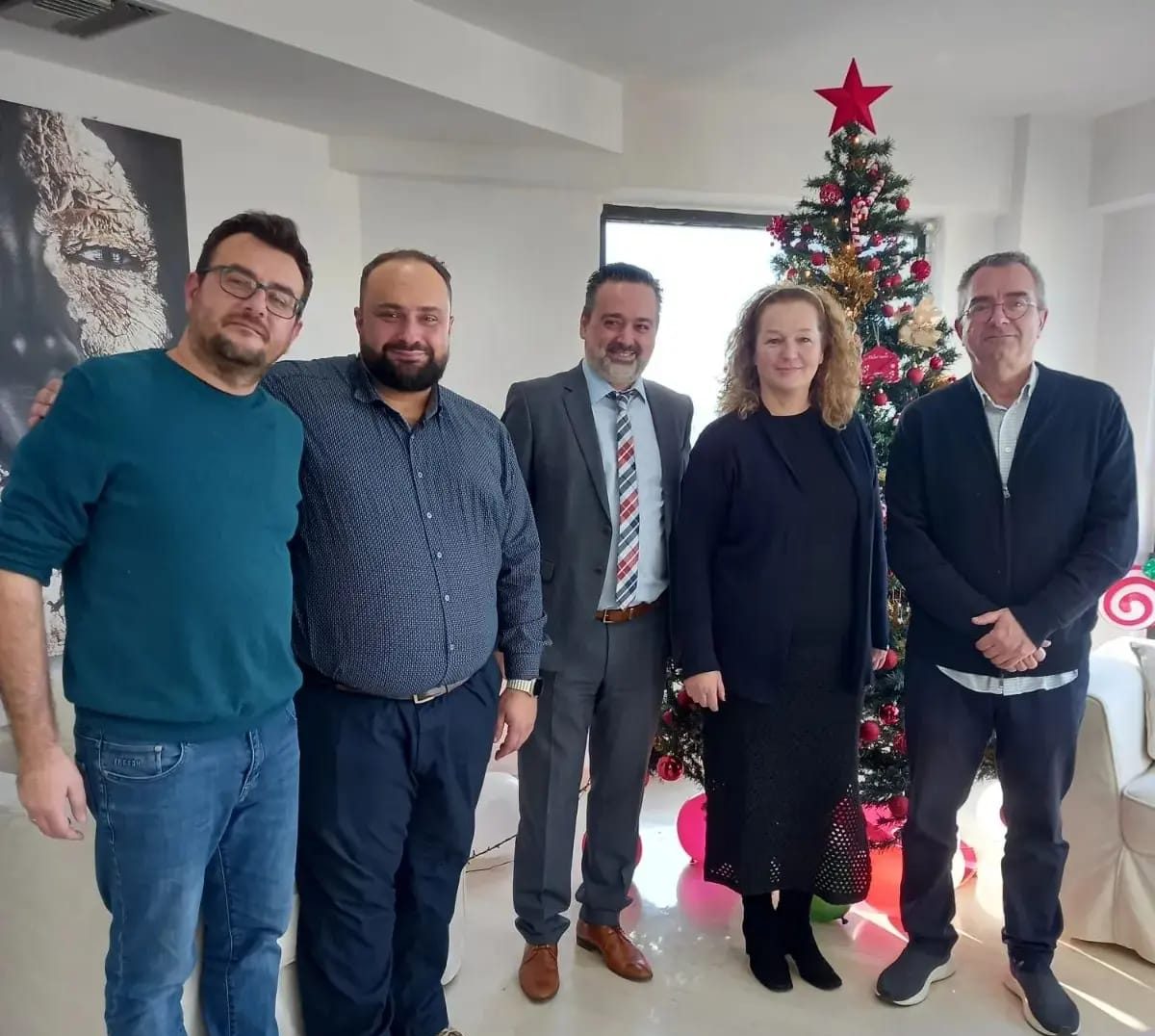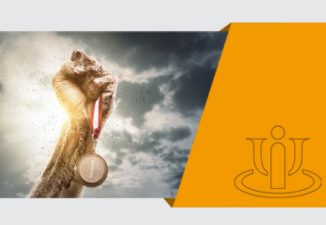We offer the Master in Integrative Psychotherapy in collaboration with the University of Central Lancashire, the major international public university of the North of England and is the only intensive Master's Degree in Compositional Psychotherapy in Greece.
Master of Integrative Psychotherapy
This pioneering one-year intensive MPA and "psychotherapy training programme", combines theory with experiential education, the internship, as well as the research application on the basis of the procedures of Integrative Psychotherapy!
The term "synthesis" can have different meanings and applications. What we call "tendency to integrate" has to do with a flexible attitude of synthesis in relation to theories of therapy and personality of different models of psychotherapy .
Integrative Psychotherapy seems to be the most applied approach in psychotherapy worldwide, as in a recent large survey of more than 1,000 psychotherapists, only 15% stated that their practice is based on one psychotherapeutic approach, while most therapists responded that they use an average of 4 different approaches in their practice.
In particular, the programme is based on teaching modern applications of the main approaches:
- Psychodynamics
- Person-centred and Experiential
- Systemic Psychotherapy
- Cognitive Behavioural Psychotherapy (CBT) (mainly 3rd wave)
With the aim of training in the latest developments, but also in theories with evidence-based applications in psychotherapy. At the same time, students will be trained in Synthesis Modes in order to create their own personal therapeutic style through intensive supervision and training by experienced experts. Some of the Synthesis processes in which students will be trained are:
- Technical Eclecticism
- The Theory of Common Factors
- The Pluralist Model
- Theoretical Integration
The aim of the Programme:
The Postgraduate Programme in Integrative Psychotherapy is specifically designed to develop the skills needed to apply the principles and methods of Synthetic Psychotherapy, even when therapy is conducted through symbolic means. More specifically, students will receive training in the use of both verbal and non-verbal media in order to consciously express and symbolize experience. They will specialise in specific interventions but will also delve into contemporary issues such as psychotherapy in combination with psychopharmacology. This is because it is extremely important to have expanded knowledge in relation to mixed interventions in which the client is receiving medication. During the study process, students receive training in the basic principles of counselling and psychotherapy. They then delve into the principles and procedures of Integrative Psychotherapy and its application to special population groups.
Among other things it covers:
- The theory and findings governing the application of Integrative Psychotherapy in people's everyday life.
- Development important counselling and psychotherapy skills in order to create a successful therapeutic relationship.
- Specialised training in the approach to psychopathology in the light of Integrative Psychotherapy.
- Development of advanced skills in the therapeutic processes of Integrative Psychotherapy, as well as in the synthesis and integration of different models of therapy and personality.
- Personal development and expanded self-awareness via experiential exhibition and group process.
- Specialisation in incidents mourning and loss, eating disorders, domestic violence and conflict, as well as anxiety disorders and others.
Other important features of the project are:
- Recognized by the Department for the Implementation of European Legislation (ATEΕN) (formerly SAEP) as Equivalent (Professional Equivalence) of Postgraduate students of public universities.
- Interdisciplinary team of trainers with experience in counselling and psychotherapy, and certified from the European Society of Counselling, the European Society for Psychotherapy, but also the European Society for Integrative Psychotherapy.
- Mandatory practical training, at least 300 hours, in private and public sector organisations or with professionals certified psychotherapists of the Integrative Approach, in accordance with the provisions of the legislation (Law 4763/2020, Law 5006/2022) with supervision provided by the College.
- Ninety (90) ECTS (18 months normal duration). It is available in an intensive 12-month or part-time 24-month format.
- Academic assessment: Variety of methods including assignments, presentations, self-evaluation and personal development reports, role play etc.
Registration Criteria:
- University degree, preferably in Psychology or a similar discipline.
- Good knowledge of English for the study of the bibliography
- Those who have completed a research thesis during their undergraduate studies have a head start.
- Two years of work experience is desirable, but not essential.
- Assessment of study intention by a Study Advisor.
- Successful Academic Interview.




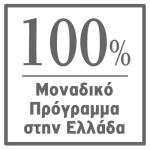
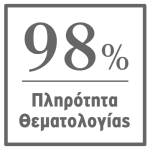

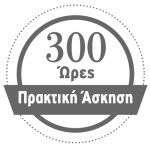
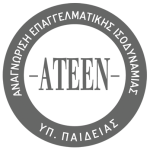
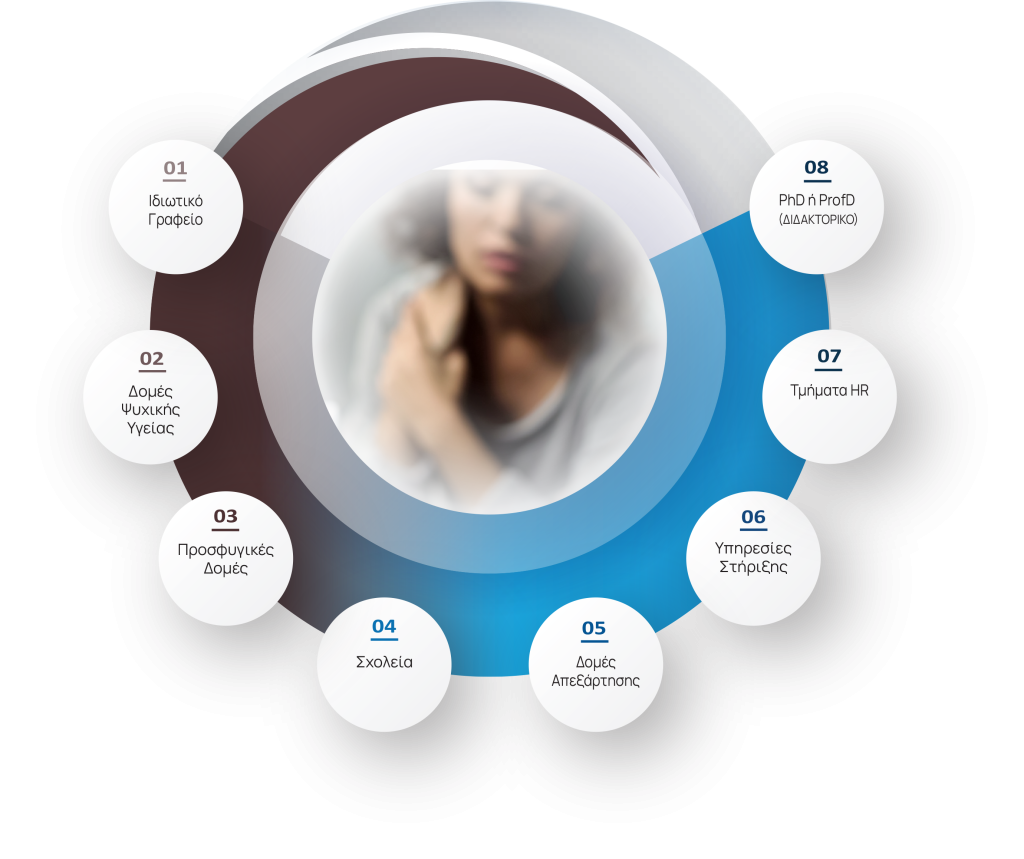
 The Master of Compositional Psychotherapy at ICPS includes the leading personal and professional development program, Career Success Navigator©
The Master of Compositional Psychotherapy at ICPS includes the leading personal and professional development program, Career Success Navigator©